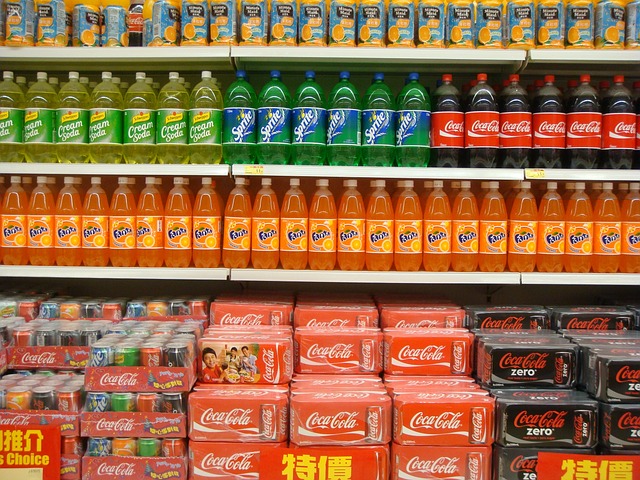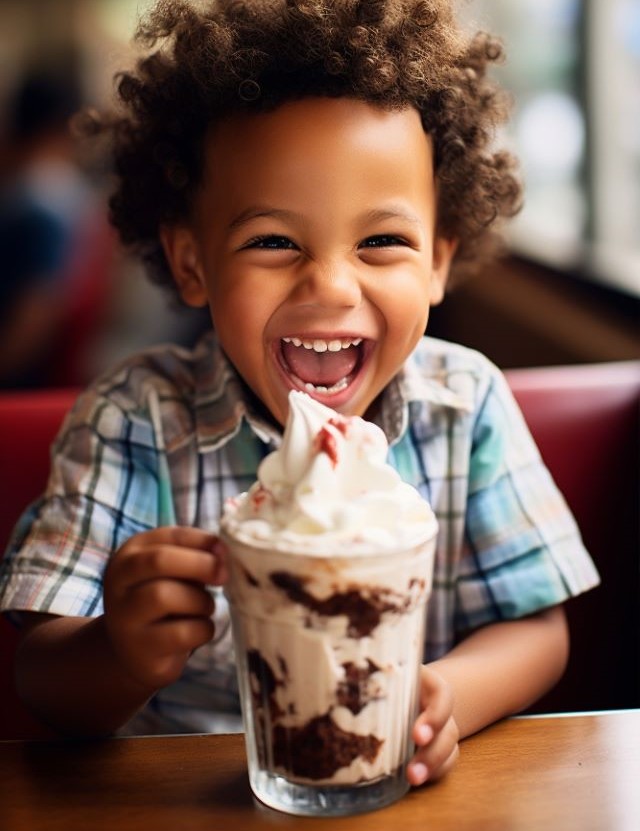A new study has raised alarm over a significant increase in caffeine-related emergency room visits among children, highlighting the growing health risks associated with excessive caffeine consumption. Keep reading to learn what parents need to know about rising caffeine-related ER visits among kids.

The research study, conducted by Epic Research, reveals that caffeine-related ER visits with middle school-aged children’s visits nearly doubling between 2017 and 2023, rising from 3.1 per 100,000 visits to 6.5. For high school students, the rate nearly doubled as well, from 7.5 to 13.7 per 100,000 visits.
Boys, in particular, seem to be at higher risk, with the study finding that they have triple the rate of caffeine-related ER visits compared to girls. This data comes on the heels of another alarming report showing a rise in calls to poison centers due to children consuming energy drinks, which are often packed with high levels of caffeine. Calls to U.S. poison centers increased by 20% in 2023, signaling a concerning trend.

So, what should parents and guardians know about caffeine consumption and its effects on children per a special report by ABC News?
1. Milk and Water are the Best Drink Choices for Kids
According to both the U.S. Food and Drug Administration (FDA) and the American Academy of Pediatrics, water and milk are the safest drink options for children. The FDA advises against any caffeine consumption for kids under 2, and recommends limiting caffeine for children under 12. While there’s no clear consensus on the “safe” amount of caffeine for young people, it’s best to avoid it altogether for younger children.
2. Caffeine Is in More Than Just Drinks
While energy drinks, coffee, and sodas are the most obvious sources of caffeine, the stimulant can also be found in various foods and products such as: chocolate, protein bars, ice cream, chewing gum, and some over-the-counter medications may contain caffeine. The FDA advises parents to carefully read product labels to check for added caffeine, which must be listed separately. Keep in mind that even decaffeinated beverages still contain some caffeine.

3. Recognize the Symptoms of Caffeine Poisoning
Caffeine overdose can be dangerous, especially for children. Symptoms of caffeine poisoning include rapid heart rate, nausea, anxiety, tremors, and in severe cases, seizures or cardiac arrest. If you suspect a child has consumed too much caffeine, it’s important to seek medical help immediately. For emergencies, the Poison Help hotline at 1-800-222-1222 is available for assistance.
As caffeine consumption among kids continues to rise, it’s critical for parents to stay informed about the potential dangers and take proactive steps to protect their children’s health.
Photo: Pexels; Freepik.com